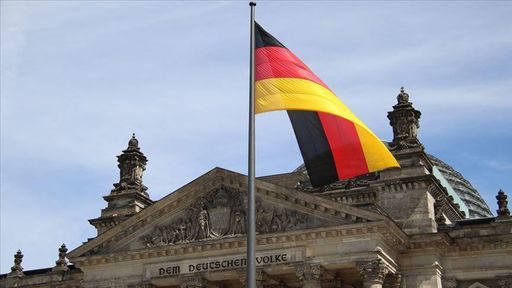Germany and its five neighbours have called for tougher asylum rules and new measures to streamline the deportation of irregular migrants to their home countries.
German Interior Minister Alexander Dobrindt, who hosted the summit meeting on Friday at Zugspitze, Germany's highest mountain, said they had agreed to take steps to further tighten European migration policy and reduce the number of irregular migrants.
"We have a common interest in acting in a coordinated European manner, and so we are coming together to plan European initiatives to reform migration policy," Dobrindt said in a statement after the meeting, which brought together interior ministers from France, Poland, Austria, Denmark and the Czech Republic.
In a joint declaration released after the meeting, the ministers said they would enhance their cooperation to reduce irregular migration effectively.
They noted that the large number of migrants who have entered Europe illegally in the past 10 years had put pressure on their countries' social systems and contributed to growing polarisation.

The ministers outlined key priorities, including reforms for stricter asylum rules, strengthening the EU’s external borders, developing strategic partnerships with third countries, intensifying efforts against migrant smuggling, and creating efficient solutions to streamline deportations while reducing bureaucratic burden.
“Effective returns are essential for maintaining trust in a balanced European migration policy. We advocate for a new EU Return Regulation that will ensure effective returns by enhancing the member states’ means of action across the EU,” the ministers stated in the joint declaration, adding that deportations to countries such as Afghanistan and Syria must be made possible.
“All suitable policy measures and instruments, such as those related to visas, trade and development aid, should be used as leverage to increase the number of returns and to improve overall cooperation on migration management,” the ministers stated, adding that existing readmission agreements and arrangements must be fully implemented, and new ones must be negotiated and finalised promptly.
They also called on the EU authorities to further develop “strategic partnerships” with countries of origin and transit to reduce the flows of irregular migration. “We will significantly broaden our strategic partnerships with third countries along the main migration routes,” the ministers said.
“This also includes combating the root causes of irregular or forced migration, including providing adequate support to allow for a dignified life in migrants’ countries of origin and places of first refuge,” they said.















